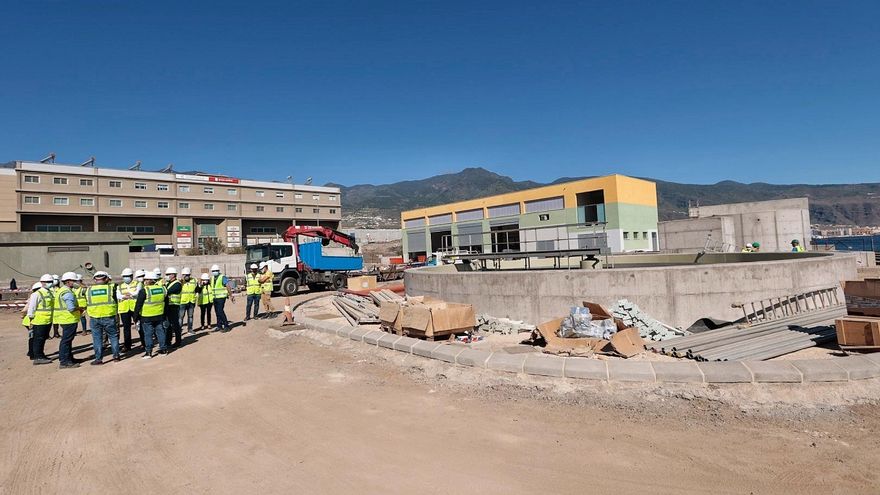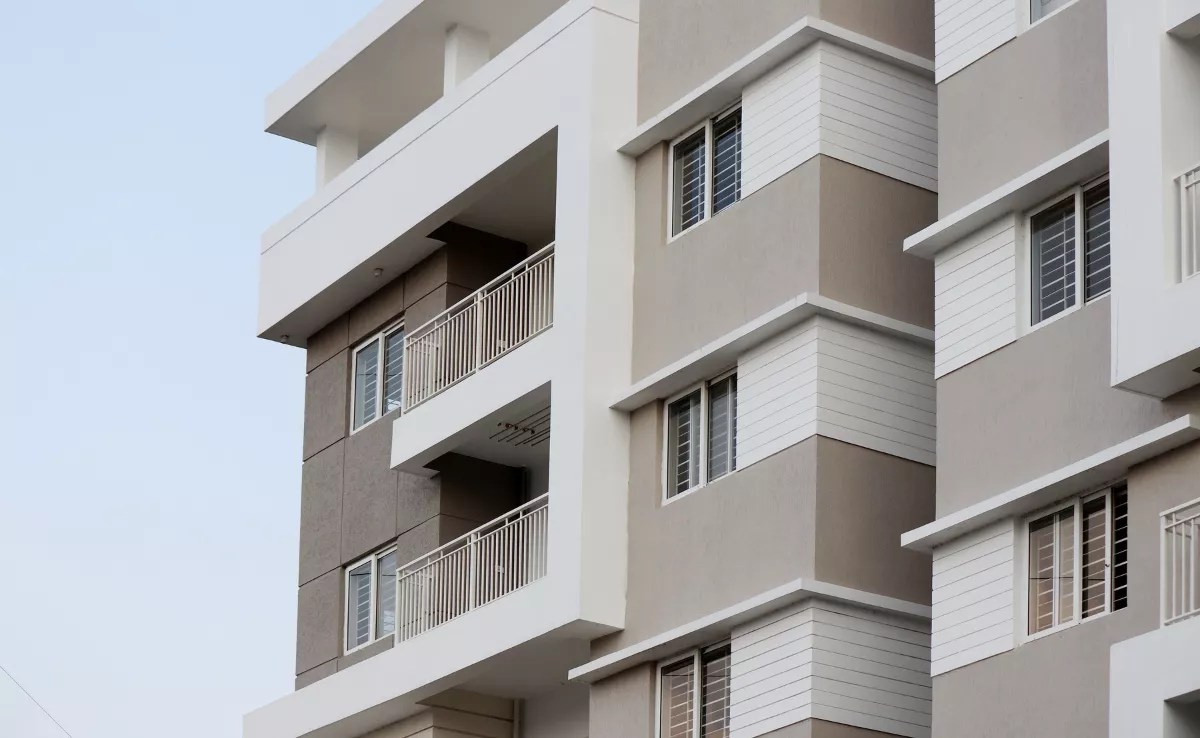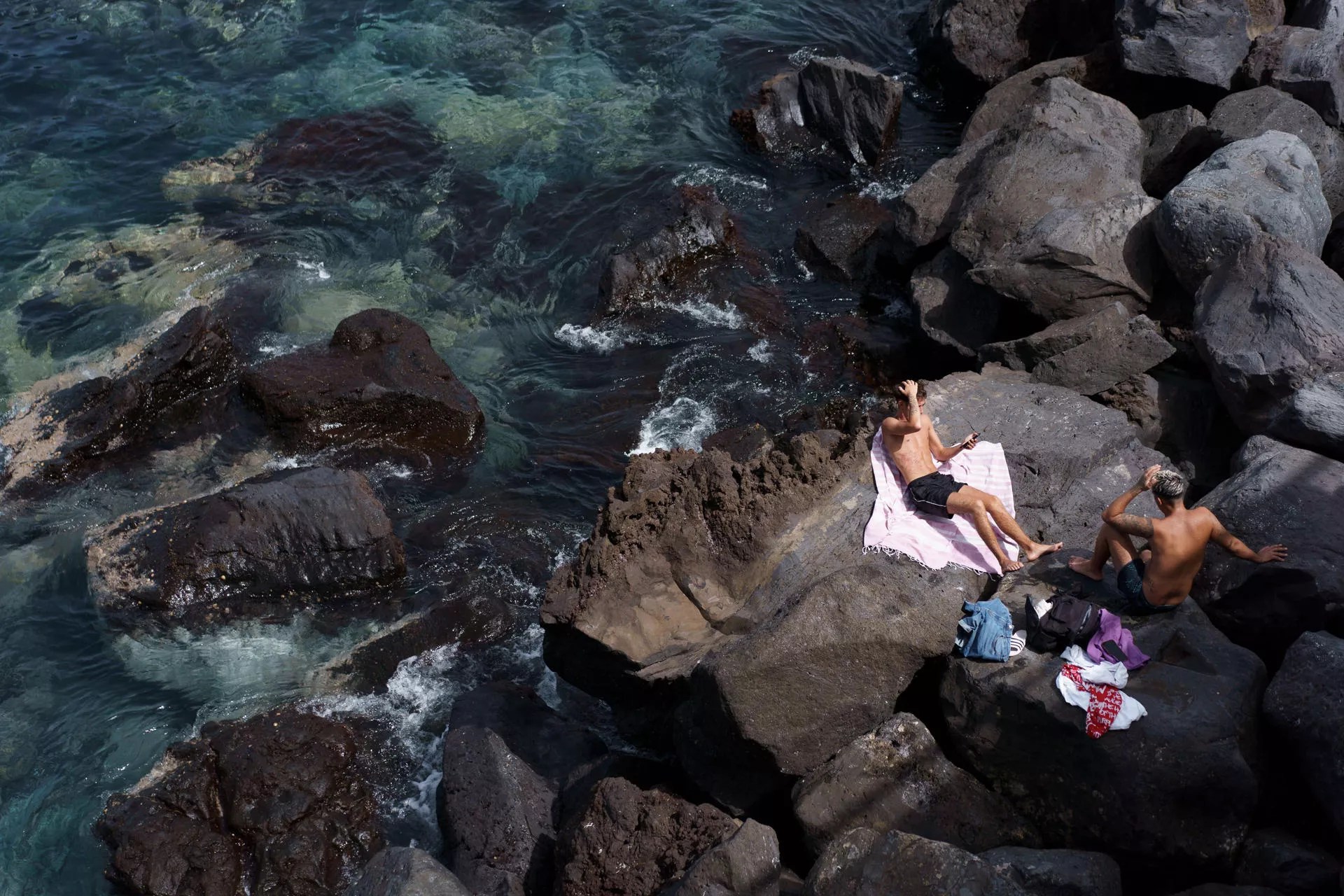
The Cabildo de Tenerife will assume the cost of tanks to transport wastewater between the Valle de Güímar and La Campana (El Rosario) industrial estates and will bring forward the commissioning of the Southeast industrial treatment plant to next week. With this, “it will be over” the problem of illegal dumping into the sea and, “above all, the fear that the Polígono will be closed”. This was announced yesterday by its president, Pedro Martín, after a brief meeting with the mayor Mari Brito (Candelaria), Juan Ramón Martín (Arafo) and Gustavo Pérez (Güímar), which was also attended by the island councilor for Sustainable Development, Javier Rodríguez .
Martín thanked the councilors “for their full collaboration” in solving the problem and downplayed the delay – “little more than a week,” he said – in the conclusion of the work. It expects to invest less than expected in the payment of the transfer of effluents to the La Campana treatment plant, in response to the request of the affected municipalities. Cost assumed by the Island Corporation although “wastewater treatment is a municipal responsibility.”
All this as an exercise of responsibility given the collaborative nature that he attributes to the insular institution “when there are serious problems”, above competencies. “The Cabildo was not responsible for the El Rosario treatment plant either, and it has been financed,” reiterated Martín after affirming that the La Campana treatment plant is a “work paid for by the Cabildo de Tenerife”, in which it invested a million and a half euros. Seconds later he denied that the insular government voted against approving the expense to make that investment.
The entourage toured the facilities of the Industrial Wastewater Treatment Plant (Edari) of the Valle de Güímar Polygon, an initiative “that had been waiting for so long and for so many years to be carried out and that should have been built at the time it was done urbanization”, in 1972.
Unit
The harmony shown by the municipalities of Candelaria, Arafo and Güímar is unusual, something that their councilors recognize. The arafero Juan Ramón Martín, in whose municipality this work is being carried out – whose delays they consider “justified and motivated” – values the Cabildo’s response when participating in “the joint solution” to the consequences of that delay that the Valley claimed of Guimar. At this point in the process, “the important thing is that the problem is solved.”
The rosary
The willingness and involvement of the Rosario City Council and its mayor, Escolástico Gil, not conditioning the use of the La Campana treatment plant to collect wastewater from the Polígono del Valle de Güímar (the measure began on March 1 and will be in force until the 28 ), motivates the recognition of the councilors of the region.
Cooperation
The mayor of Candelaria, Mari Brito, praised this attitude and the “necessary and unavoidable” inter-administrative cooperation -Deputy Ministry of Ecological Transition, Tenerife Island Water Council (Ciatf) and the municipalities-, which made possible “a solution for this Polygon”. “This is not a question of who comes out better in the photo, but of working to solve problems. That’s what we all do here,” she claimed.
Competence
The municipal unit also exposed itself by disavowing the president of the Cabildo when speaking of responsibility: “This work is not the responsibility of the municipalities, it is the responsibility of the Insular Water Council,” said Brito. “We are talking about three municipalities, so the jurisdiction is supra-municipal. There is jurisprudence that supports it,” Martín made clear.
Tension
Gustavo Pérez highlighted the extra work caused by the delay of the work, “assumable”, but that generates “more pressure on a problem that came with a high tension” in terms of authorization. The mayor from Guimaraes clarified that “the biggest problem of the mandate has not yet been resolved,” but he hopes that it will be so “in the coming days.”
The 700,000 euros of La Campana
Sí se puede proposes that the Cabildo return to the El Rosario City Council the 700,000 euros invested in the transfer of its wastewater to the Buenos Aires treatment plant, in Santa Cruz de Tenerife. This expense occurred during the year and a half spent on building the industrial wastewater treatment plant in the Polígono La Campana, to avoid contamination of Boca Cangrejo. “It’s a lot of money for a small town hall,” says the Councilor for Ecological Transition, Fidel Vázquez. “We believe that it is a question of justice that they help us in this sense. We want collaboration, just as we are giving it now.” Yesterday, the mayor of Rosario made public the request of Sí se puede to the Sí Podemos Canarias group in the Cabildo de Tenerife that “it supports our request and also demands that the Cabildo help us with the high expenses that we had and that affected the municipal coffers “.
















